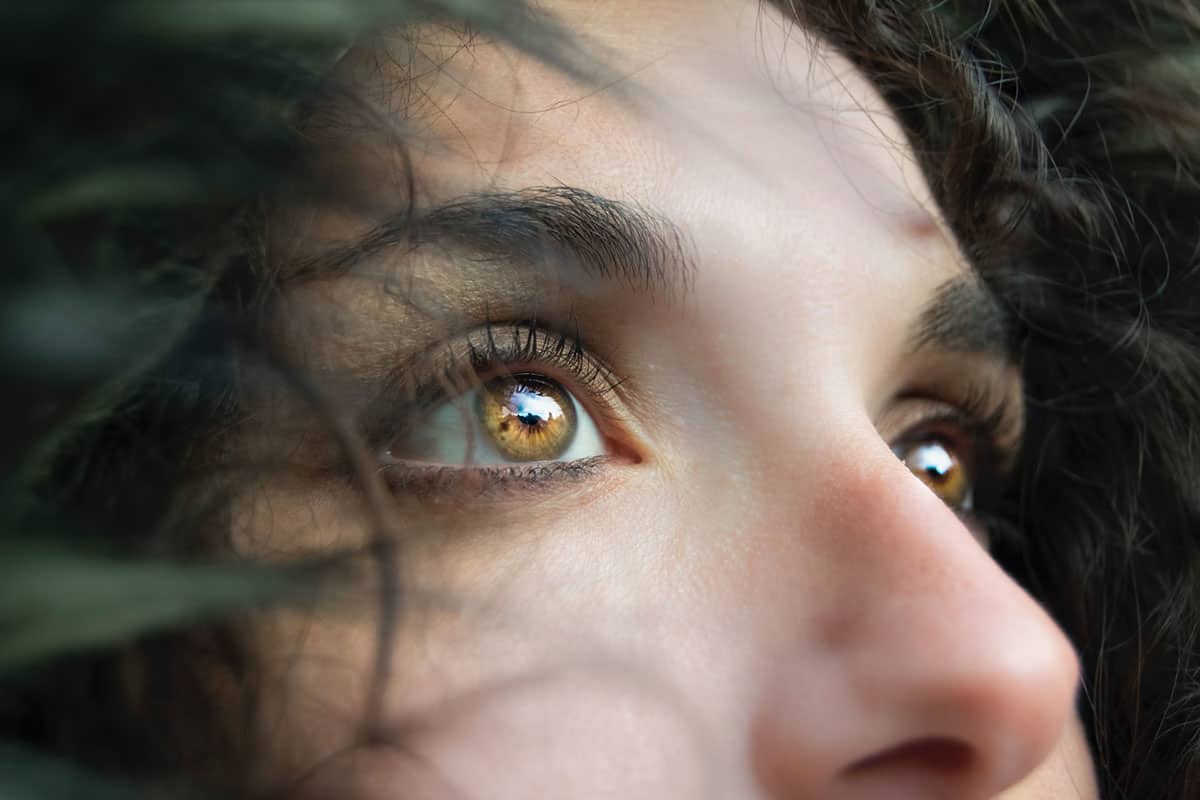
What does a microdose feel like?
I have been writing articles for Journey for literally years and I cannot believe I have not written an article that answers our #1 most
Microdose psychedelics has become an extremely popular way to boost performance in high-pressure occupations like software coding.
Also, individuals who suffer from mental health conditions ranging from post-traumatic stress disorder (PTSD) to depression have reported fewer symptoms and improved moods after taking crumb-sized portions of psychedelic substances.
However, few scientific studies have been conducted into the effectiveness of the practice under controlled circumstances.
The little data that is available has usually been from personal accounts or what is also known as anecdotal evidence in the scientific community
Science considers microdosing the practice of taking mind-altering substances like LSD and psilocybin
—containing mushrooms (Magic Mushrooms) in far lower dosages than needed to provide their psychedelic effects–
normally about 5 percent of the amount typically consumed by recreational drug users.
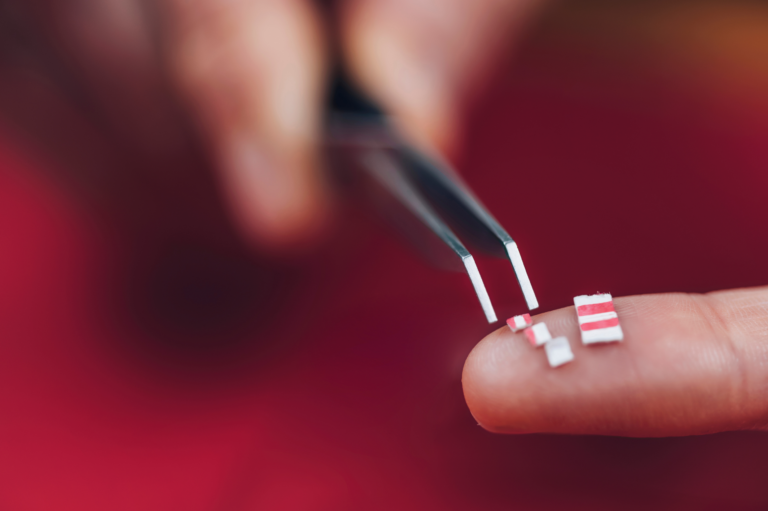
Most of the work that has been done in this area has focused on the benefits of giving patients full doses of LSD, psilocybin mushrooms, and marijuana, and the results have often been extremely promising.
However, this research was put on hold for about 40 years when the substances being studied were prohibited.
A resurgence of scientific interest in using these substances to improve health has prompted lawmakers to allow marijuana to be used for medical purposes.
Furthermore, it is the use of psychedelics to treat psychiatric conditions that have garnered the most interest.
This is because the secrets of the human brain remain largely mysterious to science, which has made developing effective treatments for conditions that afflict hundreds of millions of people around the world extremely challenging.
One of the most widely read studies into the effectiveness of microdosing in clinical studies was published in the “Harm Reduction Journal” by researchers from the University of Toronto in July 2019.
The research team selected 278 subjects to participate in the study after sending questionnaires to individuals who had posted about their experiences online.
Most of the subjects were members of the Reddit community, and the study focused exclusively on the results of taking micro-sized amounts of LSD and psilocybin.
The subjects were questioned about their mental health challenges and their experiences taking small amounts of psychedelic substances.
They were then asked to provide three advantages and three disadvantages:
The most commonly reported benefits were improved mood, higher energy levels, and greater creativity.
The leading drawbacks were psychological discomfort, impaired mood, and reduced focus.
Scientists must understand how small doses of substances like LSD and psilocybin affect the brain if they are to develop new and effective treatments for depression and other mental health conditions.
It is widely believed that these substances improve cognitive flexibility by targeting serotonin receptors.
To put this theory to the test, a team of researchers studied the effects of consuming psychedelic truffles during an event hosted by the Dutch Psychedelic Society.
The researchers did this by asking 38 volunteers to complete a picture concept task to gauge their convergent thinking and an alternative uses task to assess their divergent thinking.
They found that performance in both tests improved significantly after the truffles were consumed.
The researchers concluded that consuming psychedelic truffles seemed to improve creativity while having no noticeable effect on fluid intelligence.
The results of the study were published in August 2018 in the journal of the European Behavioural Pharmacology Society.
In previous placebo-controlled studies in 2019, the UK-based think-tank and NGO Beckley Foundation conducted testing to investigate LSD’s potential therapeutic applications.
The Beckley/Maastricht Programme investigated the short-term effects of small doses of LSD on cognitive functions, mood, and pain tolerance.
The study demonstrated for the first time in the lab the benefits of taking crumb-sized portions of LSD.
The Beckley Foundation’s pioneering work could lead to acid becoming a possible effective treatment for a range of conditions that include chronic pain, mood-affective disorders, brain rehabilitation, age-related cognitive decline, and mild cognitive impairment.
The Foundation has already started initiating further research projects that explore these potential applications
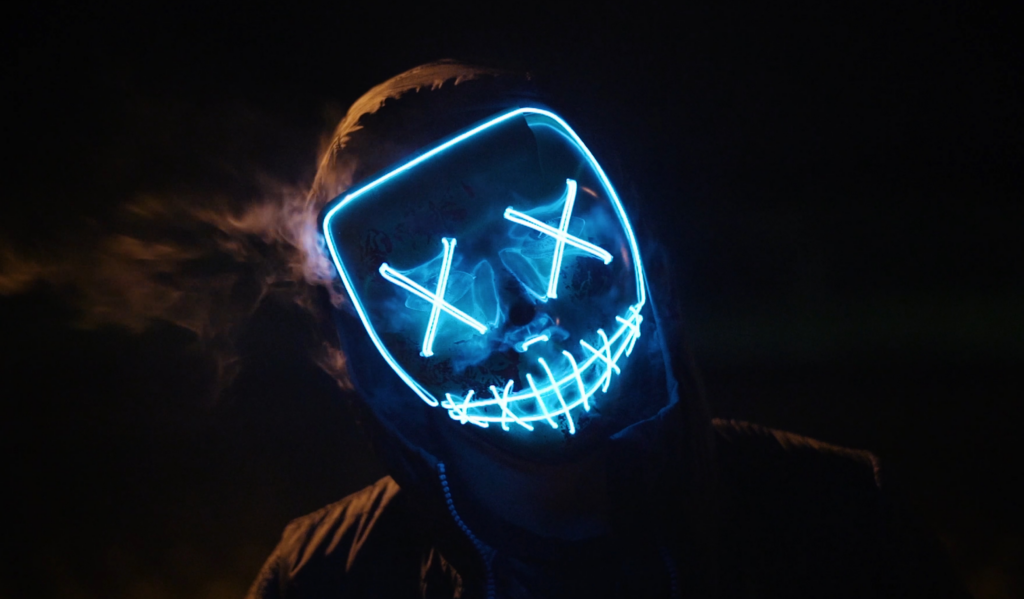
While individuals who microdose do not consume enough LSD or psilocybin to experience an altered state, there are still concerns that taking even small amounts of these substances for prolonged periods could lead to health complications.
LSD is known to elevate blood pressure and raise heart rates, which concerns medical professionals –as drugs like selective serotonin reuptake inhibitors (SSRIs) that are commonly taken for conditions like anxiety and depression have similar side effects.
The substances have also been known to trigger psychotic episodes in individuals predisposed to bipolar disorder or schizophrenia.
The continuing prohibition of psychedelic substances presents scientists with another challenge.
To explain, participants in most of the early studies purchased the substances they consumed illegally.
Since street drugs aren’t regulated, this means purity and potency cannot be established with any degree of certainty.
Lastly, most of the long-term effects have largely been unstudied; thus, they are unknown.
Aside from building up a tolerance, there may be other benefits or risks that we aren’t aware of yet.

I have been writing articles for Journey for literally years and I cannot believe I have not written an article that answers our #1 most

Who was Santa Claus? Many of us will say with great confidence that Santa Claus is a legend of a man who brings gifts to

Microdosing retreats around the globe vary from country to country. While there are undoubtedly some sketchy retreats, finding bad reviews or questionable-looking websites helps you
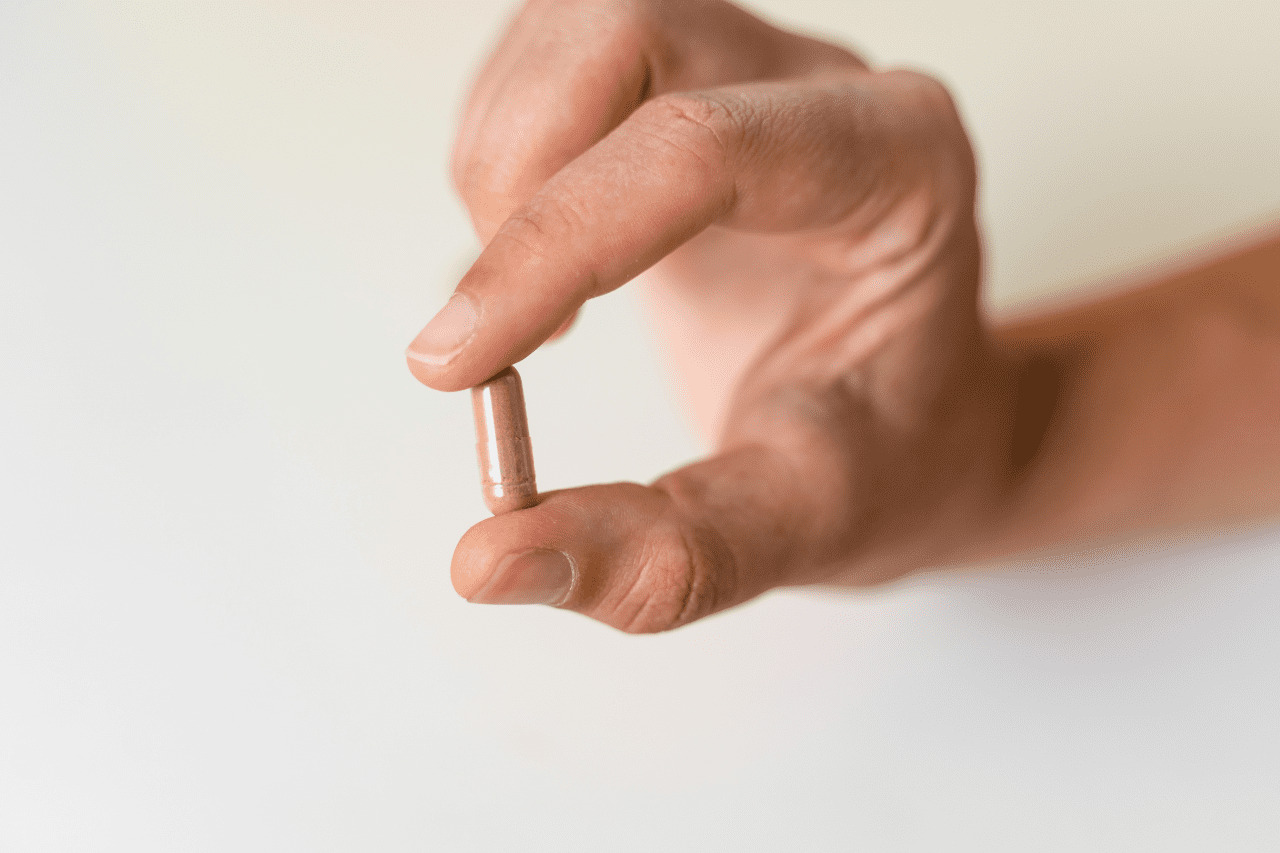
Microdosing has recently gained popularity as an effective way to enhance one’s life through boosted creativity, focus and overall well-being! The list of benefits
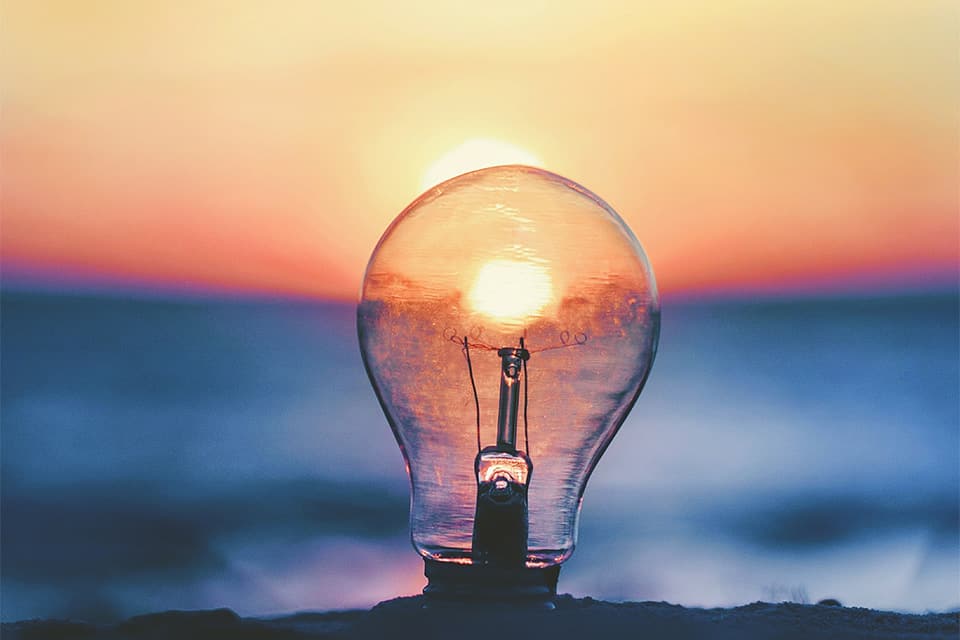
Have lockdown restrictions been getting to you recently? If you clicked on this article, then I reckon it is safe to assume the answer to
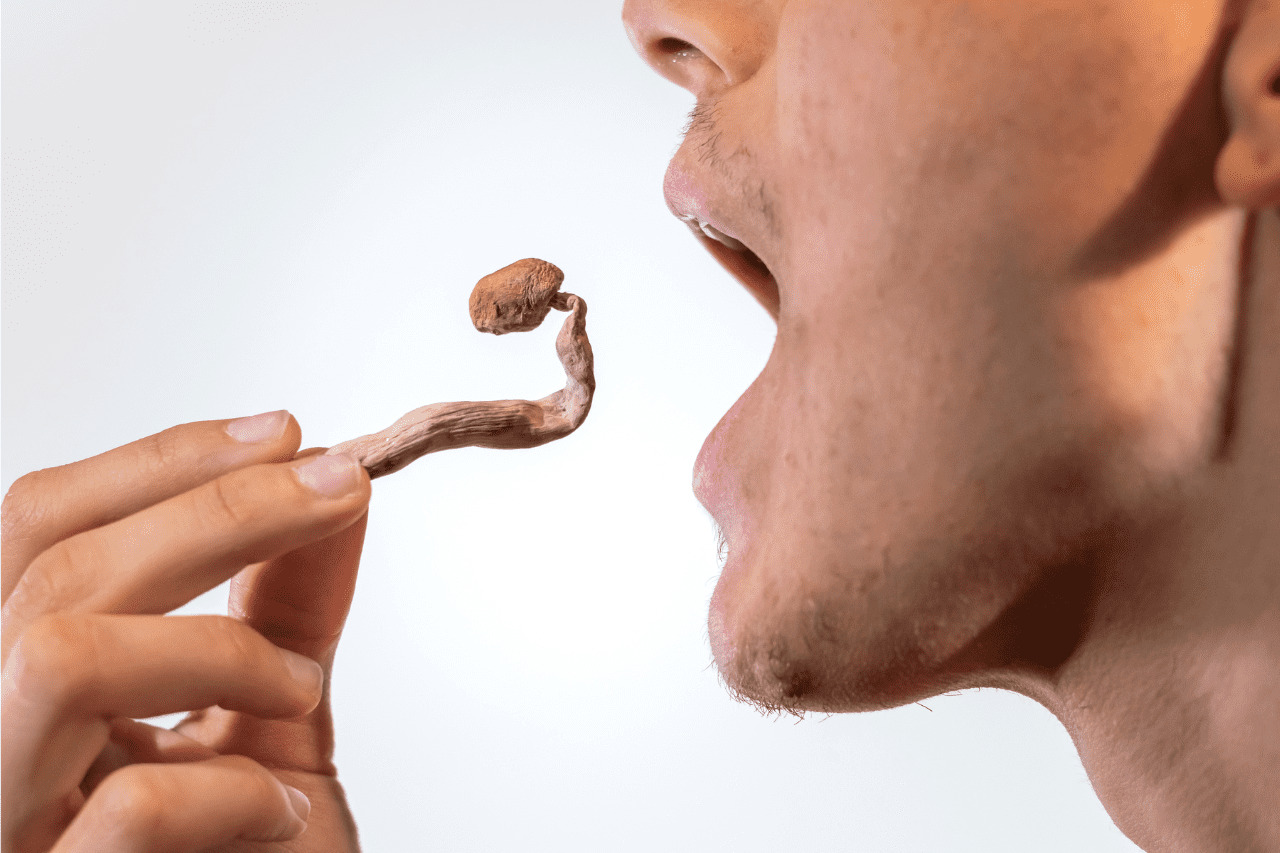
Is microdosing real, or is it all a placebo effect? Microdosing is when you take a sub-pharmacological dose of a substance. Often a psychedelic
GET 10% DISCOUNT WITH NOTIFIED ABOUT THE LATEST NEWS AND UPDATES. NO SPAM, WE PROMISE!
FREE Tracked shipping on orders over €250 to EU countries.
Monday- Friday 8.30am- 5pm (CET)
A range of options available
Guaranteed delivery or your money back
One Response
I’ve said it before but you’ve come on such a long way connecting all the dots and I love where it looks like you’re headed. Big love keep up the good works